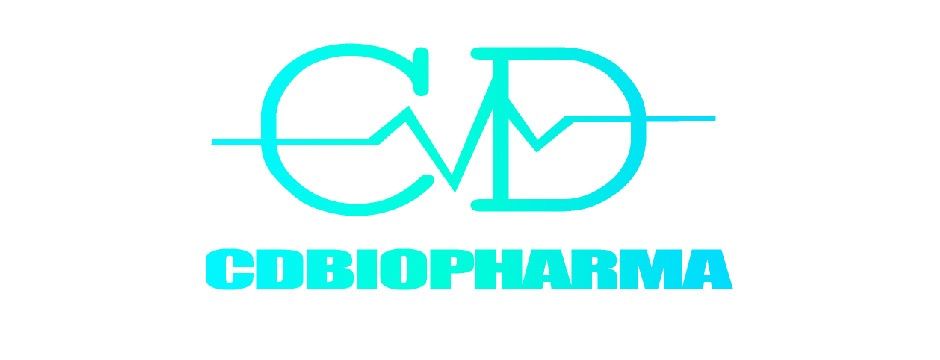预约演示
更新于:2025-05-07
CD-002
更新于:2025-05-07
概要
基本信息
原研机构 |
在研机构 |
非在研机构- |
权益机构- |
最高研发阶段临床前 |
首次获批日期- |
最高研发阶段(中国)临床前 |
特殊审评- |
关联
100 项与 CD-002 相关的临床结果
登录后查看更多信息
100 项与 CD-002 相关的转化医学
登录后查看更多信息
100 项与 CD-002 相关的专利(医药)
登录后查看更多信息
7
项与 CD-002 相关的文献(医药)2020-09-01·Toxicology in Vitro3区 · 医学
Cadmium exposure activates Akt/ERK Signaling and pro-inflammatory COX-2 expression in human gallbladder epithelial cells via a ROS dependent mechanism
3区 · 医学
Article
作者: Caldwell, Trevar S ; Sharma, Priyanka ; Gullapalli, Rama R ; Rivera, Megan N
2013-04-01·Archives of Toxicology2区 · 医学
The metallohormone cadmium modulates AhR-associated gene expression in the small intestine of rats similar to ethinyl-estradiol
2区 · 医学
Article
作者: Nicola Höfer ; Gisela H. Degen ; Patrick Diel ; Eugenia Becker ; Felix M. Kluxen
2010-10-01·Toxicology Letters2区 · 医学
Cadmium ions induce monocytic production of tumor necrosis factor-alpha by inhibiting mitogen activated protein kinase dephosphorylation
2区 · 医学
Article
作者: Gabriela Engelhardt ; Lothar Rink ; Hajo Haase ; Julia L. Ober-Blöbaum ; Silke Hebel
100 项与 CD-002 相关的药物交易
登录后查看更多信息
研发状态
10 条进展最快的记录, 后查看更多信息
登录
| 适应症 | 最高研发状态 | 国家/地区 | 公司 | 日期 |
|---|---|---|---|---|
| 实体瘤 | 临床前 | 中国 | 2024-07-04 |
登录后查看更多信息
临床结果
临床结果
适应症
分期
评价
查看全部结果
| 研究 | 分期 | 人群特征 | 评价人数 | 分组 | 结果 | 评价 | 发布日期 |
|---|
No Data | |||||||
登录后查看更多信息
转化医学
使用我们的转化医学数据加速您的研究。
登录
或

药物交易
使用我们的药物交易数据加速您的研究。
登录
或

核心专利
使用我们的核心专利数据促进您的研究。
登录
或

临床分析
紧跟全球注册中心的最新临床试验。
登录
或

批准
利用最新的监管批准信息加速您的研究。
登录
或

特殊审评
只需点击几下即可了解关键药物信息。
登录
或

生物医药百科问答
全新生物医药AI Agent 覆盖科研全链路,让突破性发现快人一步
立即开始免费试用!
智慧芽新药情报库是智慧芽专为生命科学人士构建的基于AI的创新药情报平台,助您全方位提升您的研发与决策效率。
立即开始数据试用!
智慧芽新药库数据也通过智慧芽数据服务平台,以API或者数据包形式对外开放,助您更加充分利用智慧芽新药情报信息。
生物序列数据库
生物药研发创新
免费使用
化学结构数据库
小分子化药研发创新
免费使用
